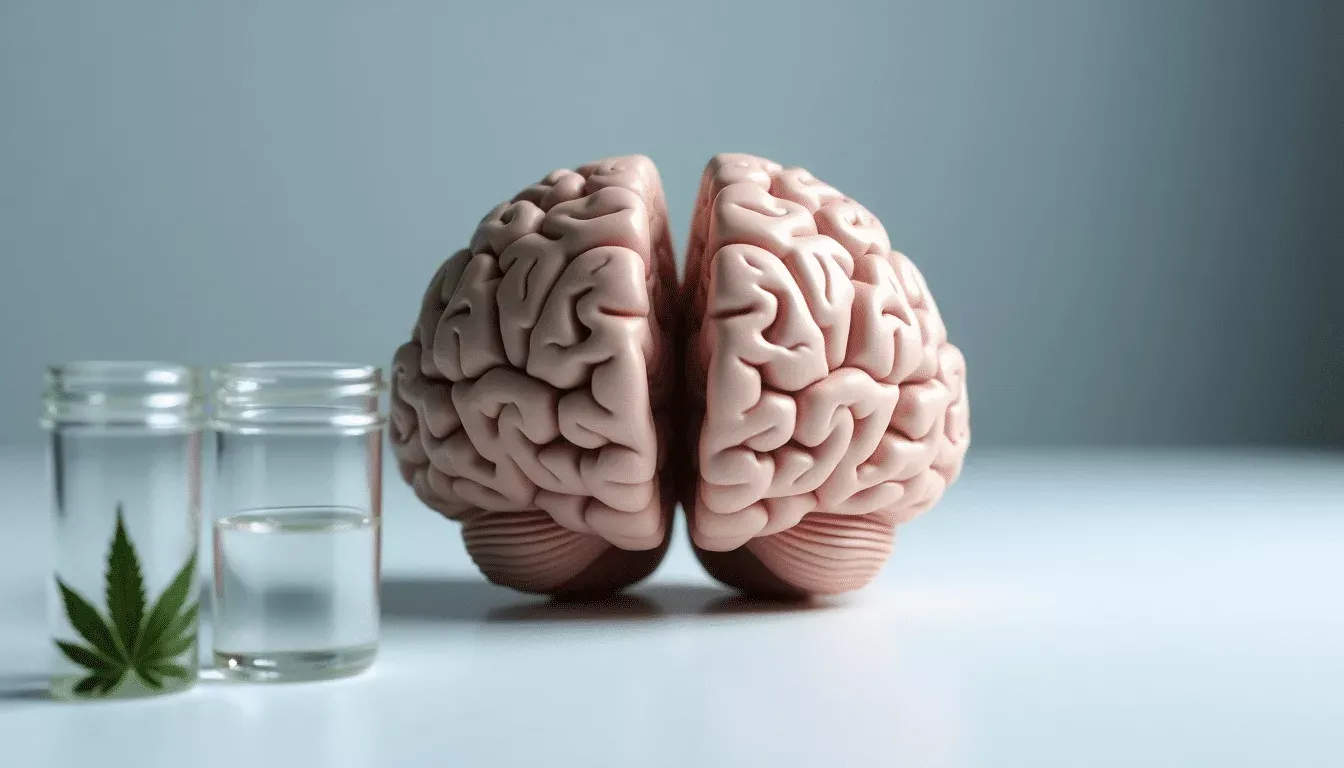What are the wellness benefits of cannabis
Imagine a world where a single plant could address a multitude of health issues, improve wellbeing, and even enhance your quality of life. For many, cannabis is beginning to represent just that potential. In recent years, there has been a surge of interest and research into the wellness benefits of cannabis. As legal landscapes evolve worldwide and stigmas fade, a growing number of people are discovering how cannabis can play a pivotal role in their health and wellness routines. In this article, we’ll explore the various wellness benefits of cannabis, touching on its uses, practical applications, and tips for those curious about integrating it into their lives.
Understanding the Context: Cannabis and Its Components
Cannabis is a plant known for its wide range of therapeutic properties. It contains over 100 different compounds known as cannabinoids. Among these, THC (tetrahydrocannabinol) and CBD (cannabidiol) are the most widely recognized for their distinct effects on the body. While THC is primarily associated with the psychoactive ‘high,’ CBD is lauded for its calming, non-intoxicating properties.
Research has revealed that our bodies are equipped with an endocannabinoid system (ECS), which plays a crucial role in regulating various functions such as sleep, mood, appetite, and pain sensation. Cannabinoids in cannabis interact with this system, either enhancing or modulating these functions. This interaction is what largely underpins the potential wellness benefits of cannabis.
Despite the growing acceptance and legalization, cannabis continues to ignite debate—and for good reason. Its comprehensive healing profile warrants detailed exploration, while anecdotal and scientific evidence often seem at odds. Yet, this brings another layer of interest and authenticity to the wellness conversation around cannabis.
The Wellness Benefits and Uses of Cannabis
One of the main claims to cannabis’s health benefits lies in its ability to provide natural relief from chronic pain. Millions suffer from chronic pain conditions such as arthritis, fibromyalgia, and even migraines. Traditional medications, while effective, often come with a slew of side effects or risk for dependency. In contrast, cannabinoids like CBD have shown potential to provide relief with a high safety profile, allowing users to maintain higher quality of life without compromising health.
Mental health is another frontier where cannabis demonstrates remarkable promise. Anxiety and depression are two of the most common mental health issues, affecting millions worldwide. Preliminary studies indicate that cannabis, particularly CBD, may enhance mood, reduce anxiety, and even work as an antidepressant due to its interaction with serotonin receptors in the brain. While cannabis is not a cure-all, it certainly represents a viable option for those seeking alternative or supplementary therapies.
Beyond pain and mental health, cannabis shows potential benefits for skin health, sleep disorders, and digestive health. Cannabis-based topical products are rising in popularity for their anti-inflammatory properties, providing relief for conditions such as eczema, psoriasis, and acne. On the other hand, those struggling with insomnia or disrupted sleep have found benefits using cannabis sleep aids thanks to the calming effects of cannabinoids.
Moreover, through its impact on appetite and nausea, cannabis has become an integral component of care plans for patients undergoing cancer treatment. By helping to mitigate nausea and stimulate appetite, it improves the overall quality of life during tough times, underscoring cannabis’s versatility and benefits.
Actionable Insights and Recommendations
So, what are some practical ways to incorporate cannabis for wellness? First and foremost, education is key. Dive deeper into the differences between CBD and THC, understanding the nuances and what might work best for your specific needs. Numerous resources, like Leafly, provide comprehensive information about different strains, cannabinoid ratios, and terpene profiles that can guide your choices.
Consultation with a healthcare professional is another critical step. They can provide personalized advice, especially regarding dosage and potential interactions with other medications. They may also offer insights into methods of consumption, such as oils, edibles, vaporizers, or topicals, each with distinct benefits and onset times.
For those new to cannabis, start low and go slow. The effects can vary greatly between individuals, so beginning with a small dose allows you to gauge its impact on your body and mind before adjusting to a level that feels optimal.
If you are specifically exploring cannabis for its mental health benefits, consider incorporating mindfulness and relaxation practices. Techniques like meditation or yoga can enhance the calming effects of cannabis, fostering a more balanced approach to mental wellness.
Conclusion: Embracing Cannabis as a Wellness Ally
Cannabis signifies more than just a means of recreation; it represents a burgeoning frontier in wellness and self-care. With its potential to relieve pain, support mental health, boost skin health, and aid sleep, it offers a holistic approach to well-being. However, as with any health decision, informed choices and professional guidance are indispensable.
The journey to incorporating cannabis into your wellness routine doesn’t stop here. Explore, research, and share your findings with your community. Not only does this enhance your personal journey, but it also contributes to the broader conversation, reducing stigma and promoting an informed, accepting future for all interested in this remarkable plant.
If you’re curious to learn more, delve into credible sources, speak to experts, and engage with communities that share this interest. The path to wellness is personal, and cannabis might just be the ally you’ve been searching for.
Feel free to share your thoughts or experiences with cannabis for wellness in the comments below, and if you found this article helpful, consider exploring other articles in our health and wellness section to expand your knowledge.
FAQ: Wellness Benefits of Cannabis
1. What are the primary wellness benefits of cannabis?
Cannabis is often used for its pain relief properties, helping with chronic pain due to conditions like arthritis or fibromyalgia. It can also alleviate stress, anxiety, and depression, promoting relaxation and mood stabilization.
2. How does cannabis affect mental health?
Cannabis can reduce symptoms related to anxiety and PTSD, and some studies suggest it may be beneficial in managing symptoms of depression. However, effects vary by individual and can include adverse reactions for some people.
3. Can cannabis improve sleep quality?
Yes, cannabis can help improve sleep quality by reducing insomnia, lengthening sleep duration, and enhancing overall sleep quality for those with sleep disorders.
4. Does cannabis support weight management?
Cannabis may aid in weight management by interacting with the body’s metabolic processes and reducing stress-induced eating. However, usage patterns and individual metabolism play significant roles.
5. Are there any cognitive benefits linked to cannabis use?
While some studies suggest enhanced creativity and focus, cannabis’s impact on cognition can be mixed, potentially impairing short-term memory and decision-making abilities in some individuals.
Related: hemp seed oil benefits
Share this content:



